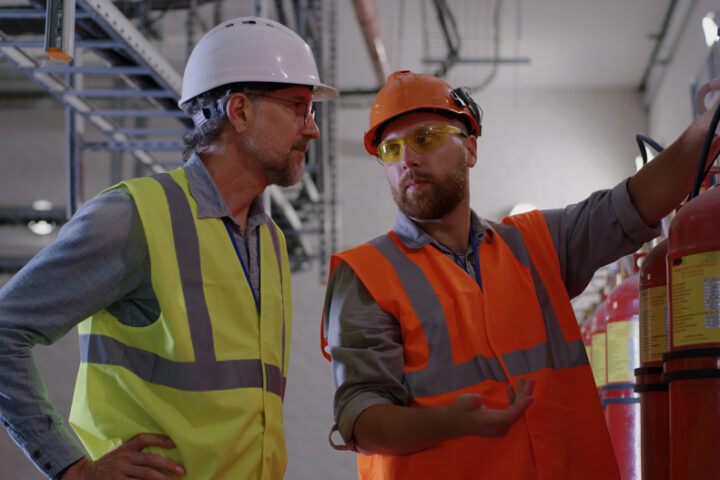For employers, attracting high-performing talent has always been a challenge. Not only is it expensive but it also requires time and patience. In today’s competitive job market, that makes retaining top talent even more important.
A skilled worker has more options than ever. If they feel their career is stagnating at their current employer, it’s only natural that they’ll start to look at other options. Companies need to reassess what their top employees need to prevent losing them to competitors.
Some companies fundamentally misunderstand what high-performing workers truly want. While financial compensation is important, it’s never the only factor. Here is how any company can better retain top talent.
Clear Employee Progression Plans
There will always be some employees who are happy with their current level. Taking on extra responsibility isn’t for them and they feel secure in their role. For the biggest talents in a company, this stasis rarely appeals.
Due to this, a business needs a well-defined career path for those interested in following one. This is why employee progression plans are so vital, as they showcase what the next steps are and how they can be achieved.
Ambitious and talented individuals will always appreciate clarity on how they can grow with the company. The mistake many companies make is simply presuming a worker will know how to get from one level to the next.
An employee should be asked about how they want to progress. It could be taking a management role or perhaps moving to another department that is more suited to them. This should be supported with training, regular check-ins and performance reviews.
If opportunities to progress are currently limited, companies can be reluctant to speak about progression. However, knowing their employer is being supportive and upskilling them for potential opportunities will foster loyalty and patience.
Foster a Culture of Recognition
A common disgruntlement that workers have is that they don’t feel valued in their roles. People want to be seen, even if they are viewed as a top talent who doesn’t need praise to do a great job. Being acknowledged can give you a mental boost.
This culture of recognition should be fostered through both small and large acts. A simple “thank you” in an email or in a team meeting can go a long way. If an employee knows they are valued, they are more likely to think there is a future for them.
These small shows of gratitude can then be supported with larger ones, such as awards and bonuses. This recognition also extends to listening to employees, their concerns and their ideas for improvement.
You may have a low-level employee whose talent has yet to be discovered. By giving everyone a voice, it will make people feel respected. Psychological safety is essential to create an environment where employees feel heard and valued.
This needs to be supported by quality management. Even if the job is good, someone may look elsewhere if they have to put up with a bad manager. Make sure all your leaders buy into the progression and support you want to provide to your top talent.
Offer Competitive Compensation
There can be a narrative from some companies that employees should be there for the love of their role. In reality, money will always be the prime motivator. It’s never the only thing that matters but one of the first avenues a competitor will go down is offering a more attractive pay package.
If your salaries and benefits are consistently behind your competitors, then losing key employees is going to be inevitable. If there is a barrier to increasing pay, such as being a new business, then transparency is important.
For example, you can explain to an employee that while a salary increase isn’t an option right now, it will be increased when the company hits a certain benchmark. Let them know how decisions are made and the pathway to better compensation.
Look Beyond the Gimmicks
Free pizza on Fridays, office ping pong tables and shiny coffee machine? These are all types of things that could put a smile on a worker’s face. However, they should always be the finishing touches to more meaningful ways to motivate workers.
Far too often, companies will think these surface-level perks are enough to retain top-level workers. If you have a talented employee, they are always going to see them as a novelty instead of anything of real substance.
Small rewards can create a positive environment but they will never be a substitute for purpose and pay. After a hard but rewarding week, an employee may be grateful for the likes of free pizza. However, if that’s all that’s on offer for their hard work, they may even be offended by it. It could lead staff to feel undervalued or manipulated.
Gimmicks can build loyalty but only if they are on a foundation of meaningful retention methods. Only when a company focuses on what its top workers truly desire will they have a workforce that won’t look for alternative employment or be tempted by those who try to lure them away.







